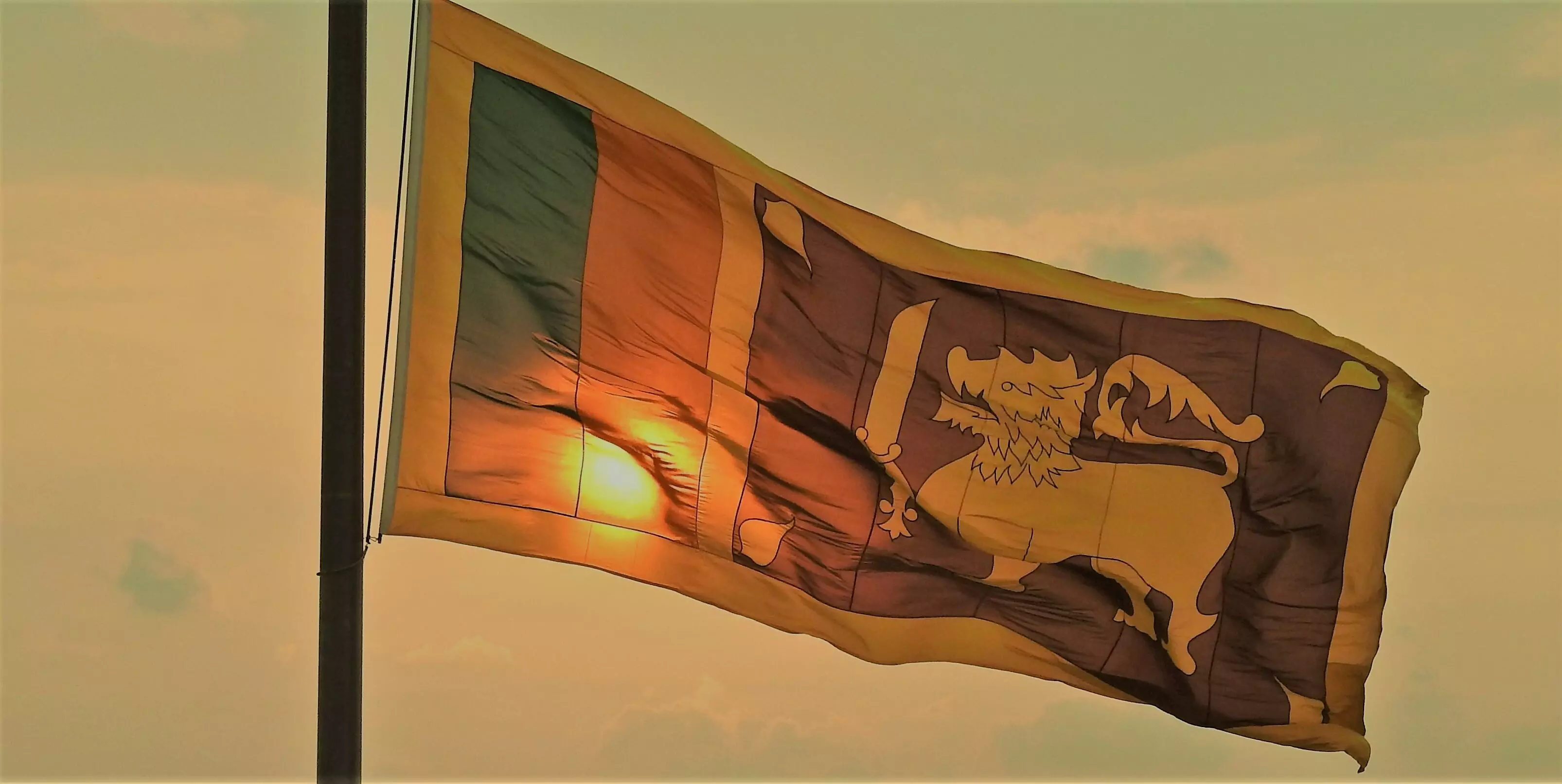Sri Lanka's Parliament open debate on domestic debt restructuring programme

Sri Lanka's Parliament on Saturday opened a special session to discuss the proposed domestic debt restructuring (DDR) plan as part of the government's efforts to revive the bankrupt country's banking and finance sector.
Domestic debt restructuring (DDR) is a key condition in the International Monetary Fund (IMF) programme, through which a bailout package of USD 3 billion was approved for Sri Lanka in March.
The IMF programme unlocks more help from international funding agencies. Accordingly, the World Bank, earlier this week, approved USD 700 million in financing as budgetary and welfare support for Sri Lanka, which is facing its worst economic crisis since it won independence from the British in 1948.
Sri Lanka's parliamentary oversight committee comprising members from both government and opposition on Friday approved the plan with certain amendments.
The majority of the Committee on Public Finance (COPF) approved the resolution following the second day of deliberations which began on Thursday, an official release said.
The Cabinet approved the debt restructuring plan on Wednesday after which it was referred to the public finance committee in Parliament.
A full-day special parliamentary session is taking place during which the lawmakers are debating the domestic debt optimisation (DDO) plan aimed at debt sustainability and economic recovery.
The Members of Parliament will vote on the proposed DDO strategy if a division is requested following the conclusion of the debate, local media reported.
Once the plan is approved, it will be presented to the public on July 4. Superannuation funds EPF (Employees' Provident Fund) and ETF (Employees' Trust Fund) have been given 21 days until July 25 to review and agree or disagree with the proposed plan, adaderana.lk news portal reported on Saturday.
Meanwhile, a special party leaders meeting was held last evening, to discuss parliamentary affairs under the chairmanship of Speaker Mahinda Yapa Abeywardena.
Ahead of the parliamentary debate, the government announced a five-day cooling-off period for commercial banks to prevent panic in the market, maintain stability and avoid unnecessary volatility.
The Cabinet of Ministers on Wednesday unanimously approved the proposed sovereign domestic debt restructuring strategy for restoring sovereign debt sustainability.
Following two days of extensive discussions on the domestic debt restructuring strategy and its impact, the Committee on Public Finance (COPF), chaired by MP Dr Harsha de Silva on Friday, gave its approval for the proposed plan, with amendments binding the Finance Ministry to the proposed plan, ensuring adherence to the approved concept paper and addressing concerns about potential deviations.
The report said that sovereign domestic debt restructuring is expected to smooth the negotiations with external creditors like China and private institutions so that the burden is shared while minimising the impact on the financial sector.
President Ranil Wickremesinghe, who is also the finance minister, held a flurry of meetings with different sectors to apprise them of the DDR programme and its effect on the island's economic recovery, his office said.
He urged both the business leaders and the trade unionists to educate the workforce on the government's DRR plan to ensure that individuals and industries comprehend the significance of this important financial manoeuvre by the government.
While the exact timeline remains uncertain, experts predict a noticeable decline in interest rates within months, he said.
Sri Lanka's banking and finance sector feared for the worse as the government set about restructuring the local debt of USD 42 billion, which is more than its external debt component.
The cash-strapped country's main opposition Samagi Jana Balawegaya (SJB) earlier said it would oppose the resolution in Parliament on Saturday with the debate.
Sri Lanka, which announced its first-ever sovereign default in April 2022, has negotiated with the IMF for a bailout of USD 2.9 billion.
Sri Lanka's central bank forecast that the island nation's economy would shrink by 2 per cent this year, but expand by 3.3 per cent in 2024.
Sri Lanka's economy has been hit hard by the pandemic, rising energy prices, populist tax cuts and double-digit inflation.
A shortage of medicines, fuel and other essentials also helped to push the cost of living to record highs, triggering nationwide protests which overthrew the government of President Gotabaya Rajapaksa in 2022.



